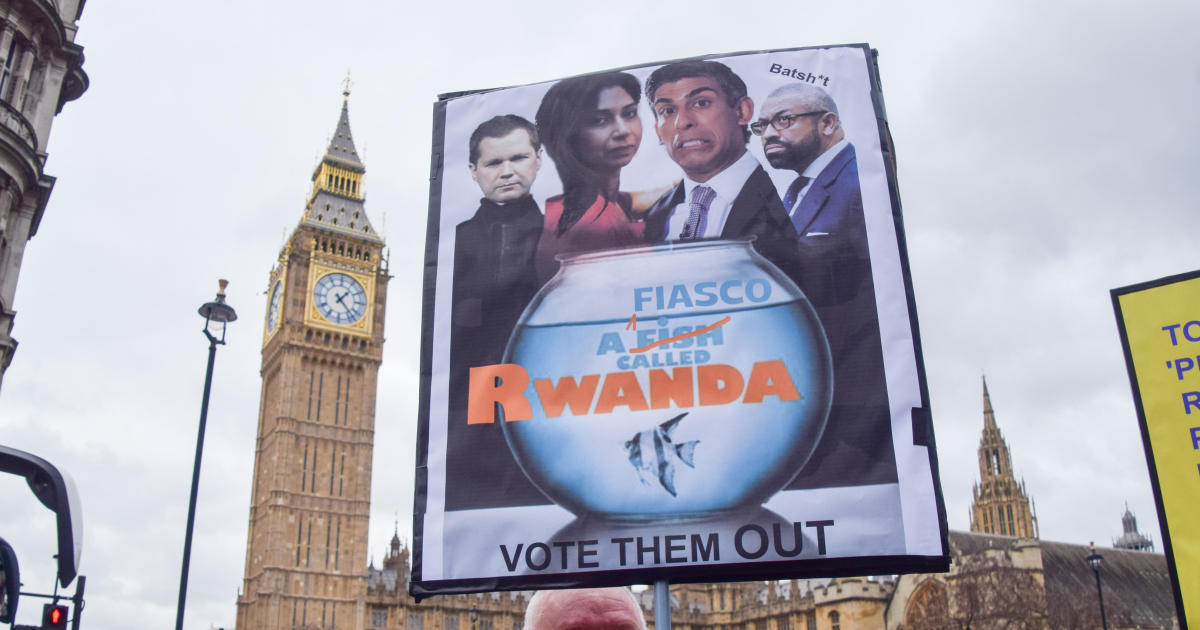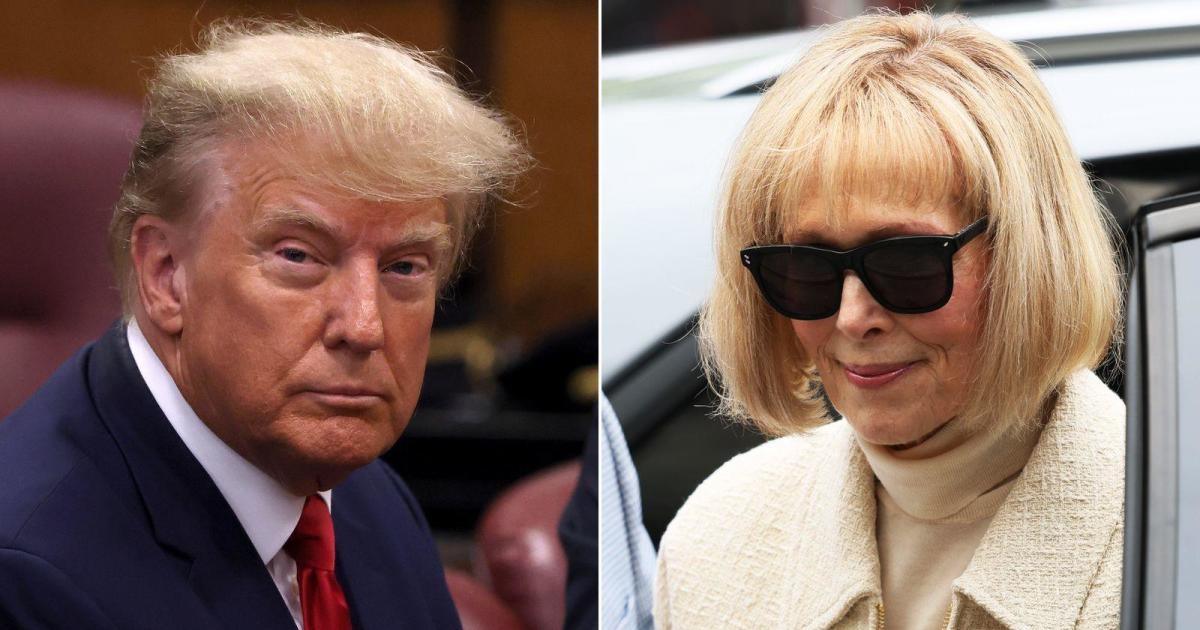Government asks judge to bar doctors' statements in dispute over Homestead migrant children's facility
Lawyers for the federal government Friday urged a judge deciding whether to close a massive facility for unaccompanied migrant children in government custody to disregard several declarations by physicians and an expert on law and immigration.
The declarations were made over the summer as part of legal proceedings surrounding a landmark court settlement that set the standards for unaccompanied migrant children in government custody. Lawyers in the case are demanding the closure of the nation's largest so-called shelter for unaccompanied migrant children, in Homestead, Florida.
The attorneys interviewed children in Homestead — which is currently empty, but can hold as many as 1,200 children — in November 2018 and March 2019. They said in the May motion that children were detained for too long, were "harmed by lengthy detention at Homestead," and subject to "prison-like" rules. That motion included testimonials from dozens of children who were detained at Homestead, as well as the declarations the government is now seeking to bar — from an attorney who interviewed many of the children, and a trio of physicians.
Hope Frye, a prominent attorney who has visited government facilities for unaccompanied children around the country, declared in the May filing that she supervised a site visit at Homestead in late March. In her testimony, she wrote that children had not been advised of their rights or given access to lawyers, did not know that they were allowed visitors, and weren't given adequate time to speak with their families on the phone. She wrote that several children reported days-long delays when in need of medical treatment. Frye also described "serious concerns" over the safety and care of a 14-year-old blind Guatemalan boy who said he had been repeatedly abused by other children. When asked why the boy hadn't been released to his father, she was told staff was waiting on a $5,000 pair of glasses for the boy, but had no idea when they would be delivered.
Government attorneys said in their filing Friday that Frye's declaration should be deemed inadmissible because some information she referred to had been gleaned from interviews conducted by other members of her team, rather than Frye herself. They also called some of her allegations hearsay.
Government attorneys say another declaration, by a University of Texas Rio Grande Valley pediatrics professor, should be barred because they say the doctor doesn't qualify as an expert. The doctor, Marsha Griffin, is co-chair of the American Academy of Pediatrics Immigrant Health Special Interest Group, and wrote in her declaration that she has toured multiple immigration detention unaccompanied minor facilities over the course of more than a decade.
"In my opinion, the government is causing irrevocable mental and physical harm to every immigrant child held in immigration detention, " Griffin wrote in her declaration.
The other two experts challenged by government attorneys in Friday's filings were a pair of Stanford University professors. The government said one, a psychiatrist who wrote of what he described as "clear ongoing psychological harm directly attributable to detention and separation practices," did not adequately describe his methodology. And they questioned whether the background of the other — an expert in pediatric health, emergency medicine, and health services — "is relevant" to the case, which includes significant discussion of short- and long-term pediatric health concerns.
In a text message to CBS News, the lead attorney opposing the government in the case said he does not expect the judge to block the declarations.
"We believe the court will consider our expert declaration as they are executed by physicians with vast experience dealing with health issues of vulnerable groups of children and are based on personal visits to detention facilities and interviews with detained migrant children," said Peter Schey, the attorney.
Erin Donaghue contributed to this story.



